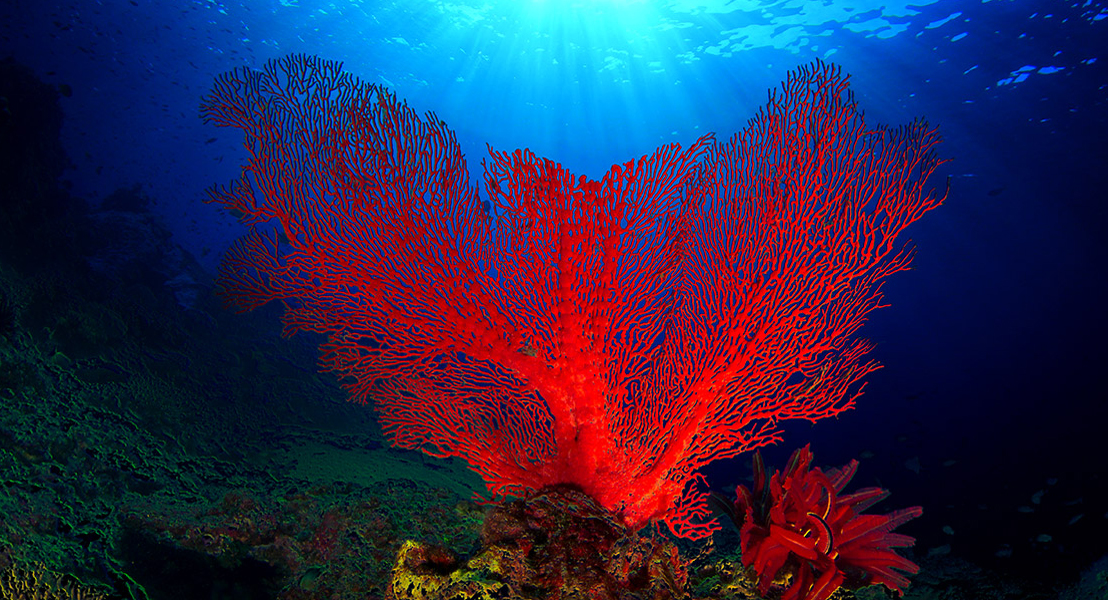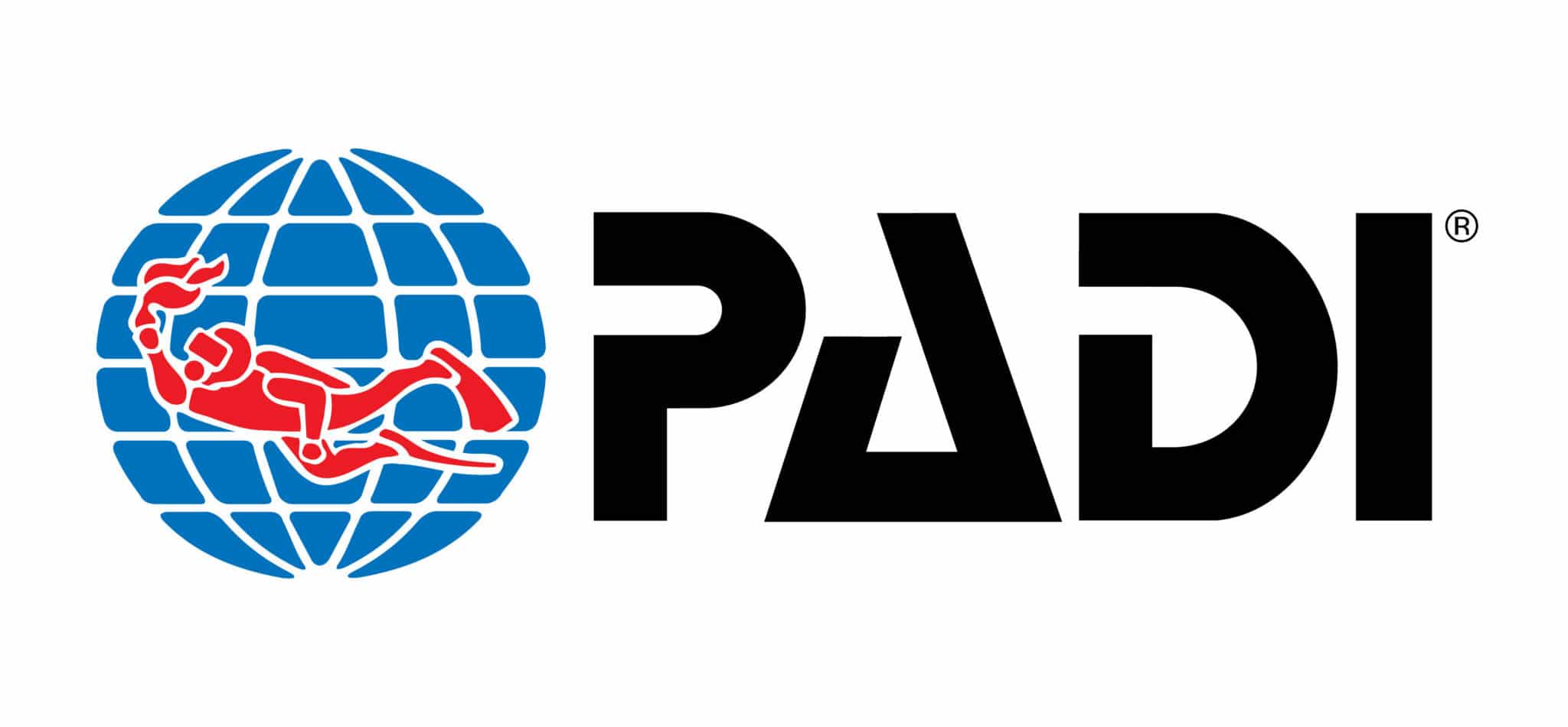News
PADI Introduces Opportunities for All to Help Save the Ocean on World Oceans Day

 Scuba diving enables people around the globe to experience the wonder of the underwater world that covers over 70 percent of the earth’s surface. In celebration of World Oceans Day (June 8), PADI® (Professional Association of Diving Instructors®) provides opportunities to help people everywhere connect with the ocean and support efforts to preserve and restore it, in whatever capacity possible during these times. This includes an invitation to get involved and enjoy 24 hours of #SavetheOcean on the organization’s Instagram and Facebook channels today, and via padi.com/conservation year-round. Even while diving remains less accessible in many parts of the globe due to pandemic-related limitations, there are many ways that people can still explore and protect the ocean – from home, in their communities and below the surface of their local waters.
Scuba diving enables people around the globe to experience the wonder of the underwater world that covers over 70 percent of the earth’s surface. In celebration of World Oceans Day (June 8), PADI® (Professional Association of Diving Instructors®) provides opportunities to help people everywhere connect with the ocean and support efforts to preserve and restore it, in whatever capacity possible during these times. This includes an invitation to get involved and enjoy 24 hours of #SavetheOcean on the organization’s Instagram and Facebook channels today, and via padi.com/conservation year-round. Even while diving remains less accessible in many parts of the globe due to pandemic-related limitations, there are many ways that people can still explore and protect the ocean – from home, in their communities and below the surface of their local waters.
“We care deeply about the health and safety of divers, dive businesses and the ocean, and we will continue supporting this worldwide community by encouraging safe and meaningful opportunities for today,” says Drew Richardson, President and CEO of PADI Worldwide. “World Oceans Day serves as a reminder for us all to pause and connect with our blue planet wherever we may be.”
A trusted leader in diver education, exploration and experiences, PADI is dedicated to enabling people around the world to safely seek adventure and save the ocean, wherever you are. With a global commitment to ocean conservation and a mission to create one billion torchbearers to protect the ocean, both above and below the surface, the organization shares several ways new and experienced divers alike can pursue their passion and fuel appreciation for the ocean:
- Learn to Dive From Home – Those who have never experienced this awe-inspiring sport may begin the process of learning to dive now with PADI eLearning®. From the comfort and safety of home, anyone 10 years and older can take the first step toward certification and learn the basic skills of scuba diving via virtual courses. You’ll be ready to dive in and complete your certification with a PADI Dive Center or Resort as soon as you can. “By learning to dive and exploring local waters, you gain a unique vantage point, able to personally witness the impacts we as a human race have on ocean environments, both the good and the bad. With this perspective comes the responsibility – and desire – to be an advocate for the ocean and the life within,” says Richardson.
- Dive Locally – While the ability to travel may be limited, this is no reason to stop you from discovering new places or connecting with nature. Wherever you live, there are waters nearby waiting to be explored – local shores, lakes and quarries shouldn’t be underestimated. As regions around the globe begin to reopen, PADI offers a new interactive map to identify in real-time where diving is accessible. Your local PADI Dive Center will provide further information on current guidelines, any potential restrictions and special safety precautions they’re taking during these times, and how you can get involved in local conservation efforts.
- Shop Ocean-First Products – PADI Gearä offers eco-minded and sustainable products water enthusiasts need and love. To date, PADI Gear products made from recycled ocean plastics have collectively resulted in the removal and reuse of more than 54,779 pounds of ocean plastic. By teaming up with watersports clothing maker Rash’R, PADI Gearnow offers an Earth-friendly alternative to face masks. These dual-purpose cloth face coverings and sun shields are made from plastic bottles recycled from the ocean.
- Citizen Science Dive Opportunities – PADI’s global network of dive centers, resorts and partners in conservation offer ample opportunities to dive for a deeper purpose, from coral restoration efforts to fighting plastic pollution. PADI’s conservation-focused courses are designed to foster a sustainability mindset and drive action to protect ocean health. In collaboration with Project AWARE®, divers learn how to properly survey and remove marine debris through the Dive Against Debris® Specialty To date, PADI divers have removed over 1.6 million trash items from the ocean – data that are now being used by scientific institutions, arming researchers and policymakers with information to drive lasting solutions. The Coral Reef Conservation Specialty, Project AWARE Specialty, and AWARE Shark Conservation Specialty courses also provide participants with information to make a difference for ocean protection. Many PADI Dive Centers and Resorts are currently offering virtual courses and workshops during this time.
“COVID-19 will be behind us in the near future, but restoring the balance between humanity and the seas is a long-term lift addressing a far bigger, far more enduring threat,” adds Richardson. “But even amid the pandemic, you and I can be making a difference.”
Visit www.padi.com/conservation for more information on PADI’s mission to create one billion torchbearers to explore and protect our oceans, and how you can get involved.
Gear News
Introducing the TR-80, IR-50 and CS-30 Regulators from DYNAMICNORD

Whether you are a beginner or a professional diver – with the three new main regulators from DYNAMICNORD, everyone will find their favourite regulator. They all look super stylish.
Excellent performance with the TR-80
Quality and performance are the be-all and end-all for regulators. It is not for nothing that the TR stands for Tec Reg. The innovative design of the TR-80 guarantees absolute reliability – even in ice-cold waters.

Perfect breathing effort at 0.8 J/l / certified for diving in waters below 10 degrees / structural design made of solid brass for best cold protection / membrane-compensated design with dry seal of the first stage / reduced exhalation effort thanks to optimized exhalation membrane and bubble deflector / adjustable Venturi (dive/predive) and adjustment knob for individual inhalation comfort / innovative design of the front cover prevents free-flow in strong currents or when diving with scooters / design made of sandblasted brass, matt chrome finish / 2 HP and 4 LP outlets / mouthpiece made of high-quality, anti-allergic silicone for maximum comfort.


Amazing underwater adventures with the IR-50
The IR-50 is the top regulator for advanced and experienced divers. Natural breathing is the essence of this regulator.

Ideal breathing effort at 0.8 J/l /certified for diving in waters below 10 degrees / compensated membrane / adjustable venturi (dive/predive) and adjustment knob for individual inhalation comfort/ outlet valve and deflector for minimum exhalation effort and reduction of bubbles on the face / design made of sandblasted brass, matt chrome finish / 2 HP and 4 NP outlets / mouthpiece made of high-quality, anti-allergic silicone for maximum comfort.


The Workhorse – our CS-30
For diving centres and diving beginners – the workhorse stands for strong construction, reliability and robustness. Perfect for your training.

Optimal breathing effort at 0.8 J/l /recommended for diving in waters above 10 degrees / non-compensated piston / adjustable venturi (dive/predive) / outlet valve and deflector for minimum exhalation effort and reduction of bubbles on the face / design made of sandblasted brass, matt chrome finish / 1 HP and 3 NP outlets / mouthpiece made of high-quality, anti-allergic silicone for maximum comfort.


Octopus OP-30
The OP-30 is the ideal addition to all DYNAMICNORD regulators. It is identical in construction to the CS-30.

The TR-80, IR-50, CS-30 (DIN & INT) regulators and the Octopus OP-30 are available from DYNAMICNORD dealers and in the online store.
DYNAMICNORD – Your Outdoor Companion.
Marine Life & Conservation
Paul Watson Released as Denmark Blocks Japan’s Extradition Bid

Renowned anti-whaling activist Paul Watson has been released from custody in Greenland after spending five months in detention. Denmark’s Justice Ministry rejected Japan’s request for his extradition, citing insufficient guarantees that his time already served in custody would be credited against any potential sentence.
The 74-year-old Canadian-American was arrested on July 21 in Nuuk, Greenland’s capital, when his ship docked to refuel. His arrest was based on a 2012 Japanese warrant related to a 2010 encounter in Antarctic waters. Japan alleged Watson obstructed operations and caused damage to a whaling research ship during efforts to disrupt illegal whaling. Watson has consistently denied these claims, maintaining his commitment to marine conservation.
Denmark, which oversees extradition matters for Greenland, concluded that while the legal conditions for extradition were met, the lack of assurances from Japan regarding time-served credit made extradition untenable.
In a video shared by his foundation, Watson expressed gratitude and relief, saying, “After five months, it’s good to be out… and good to know they’re not sending me to Japan.” He added that the most difficult part of his time in custody was being separated from his two young sons.
Watson is a pioneering figure in marine conservation, known for founding the Captain Paul Watson Foundation in 2022 after decades of activism with the Sea Shepherd Conservation Society. His bold efforts to defend marine life have earned him widespread support, including from celebrities and conservationists. His work has also been featured in the acclaimed reality TV series Whale Wars.
Watson’s lawyer, Jonas Christoffersen, praised the decision, stating, “We are happy and relieved that Paul Watson is now free.” He added that Watson is eager to reunite with his family and continue his vital work.
The arrest occurred while Watson’s vessel, the M/Y John Paul DeJoria, was en route to the North Pacific with a team of 26 volunteers to intercept a Japanese whaling ship. His foundation described the arrest as politically motivated and emphasized that Watson’s actions were focused on ending illegal whaling practices.
Japan resumed commercial whaling in 2019 after leaving the International Whaling Commission, asserting that whale meat is a cultural tradition. Conservationists, however, continue to challenge these practices, highlighting their impact on marine ecosystems.
Despite the challenges, Watson remains steadfast in his mission to protect marine life and bring attention to whaling practices. His dedication to ocean conservation has made him a globally respected advocate for the environment.
-

 News2 months ago
News2 months agoIconic SS United States to become the World’s Largest Artificial Reef
-

 News3 months ago
News3 months agoBook Review – 52 Assignments: Underwater Photography
-

 Gear News3 months ago
Gear News3 months agoDYNAMICNORD – New German diving brand enters the British market
-

 News3 months ago
News3 months agoExploring Cenote El Pit: A Diver’s Dream
-

 Gear News3 months ago
Gear News3 months agoTry BARE drysuits (and maybe even win one!) this Friday with Sea & Sea at North West Dive Fest
-

 Marine Life & Conservation3 months ago
Marine Life & Conservation3 months agoBook Review: Coral Triangle Cameos
-

 Blogs2 months ago
Blogs2 months agoDive the Egyptian Red Sea this Autumn with Regaldive
-

 News3 months ago
News3 months ago2024 Ocean Art Underwater Photo Competition Announced















